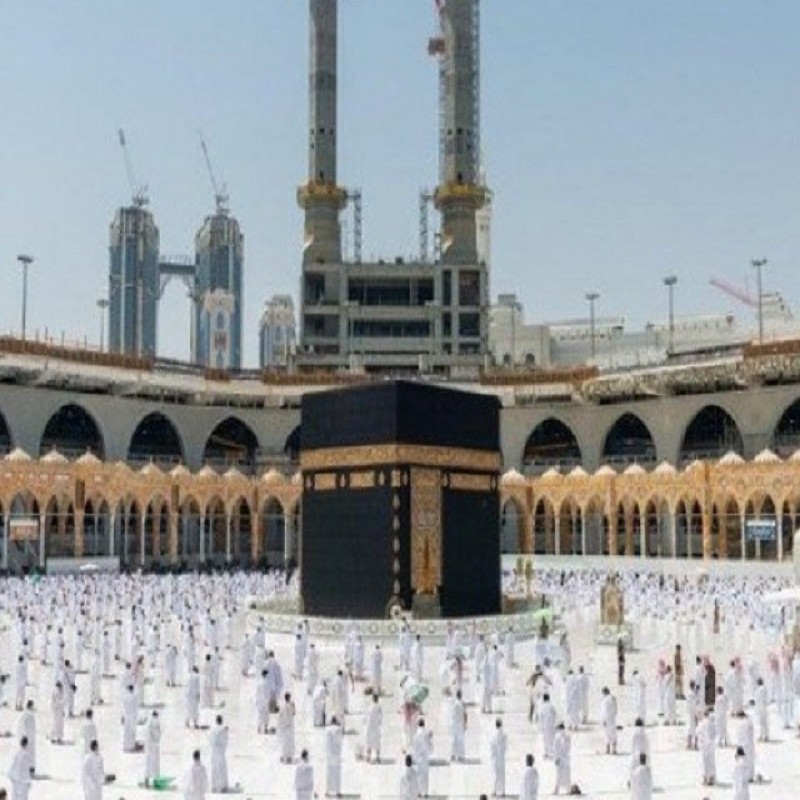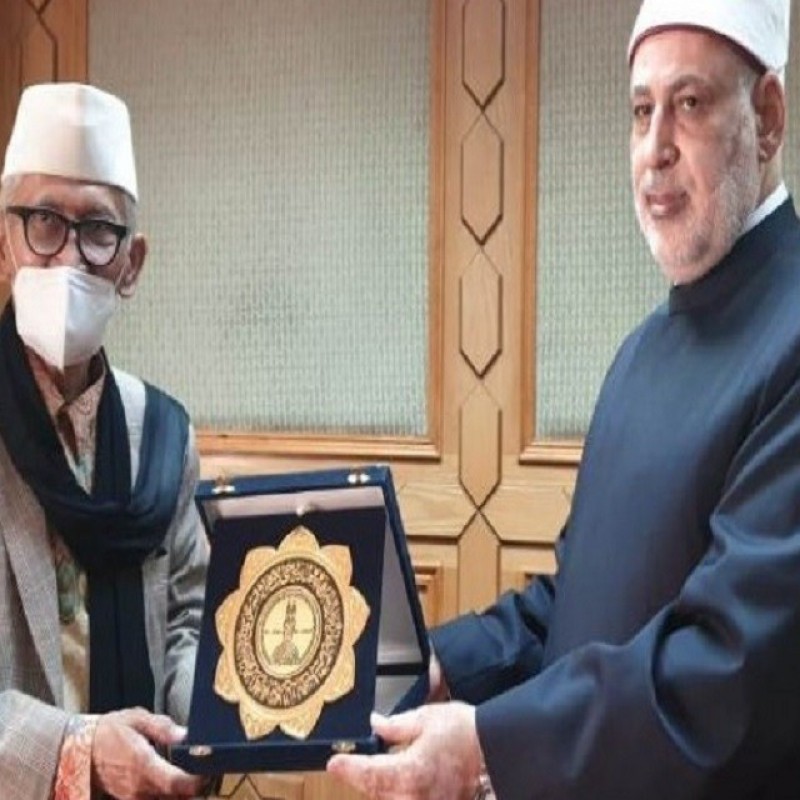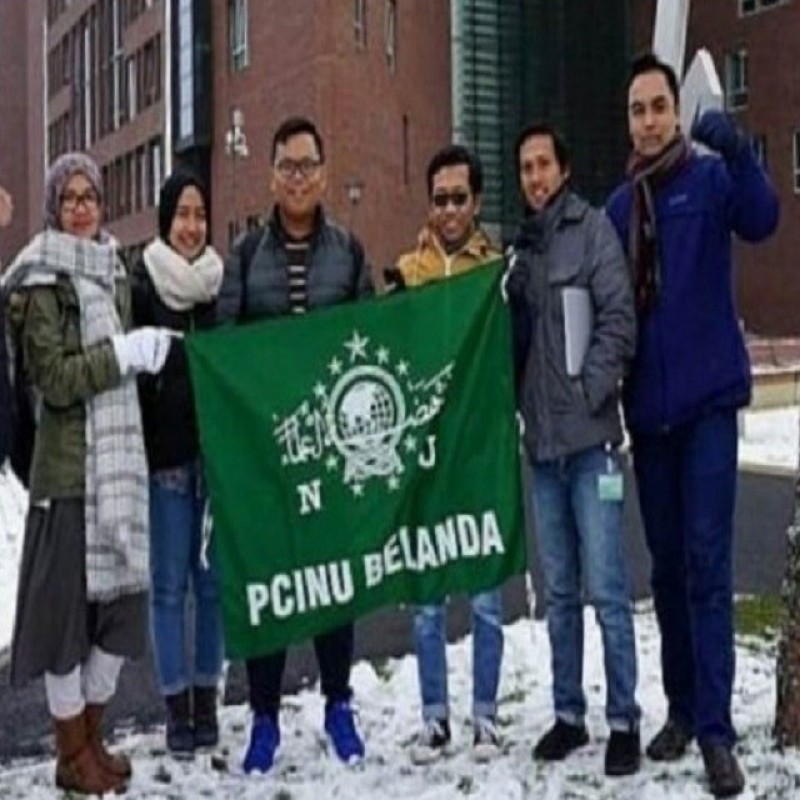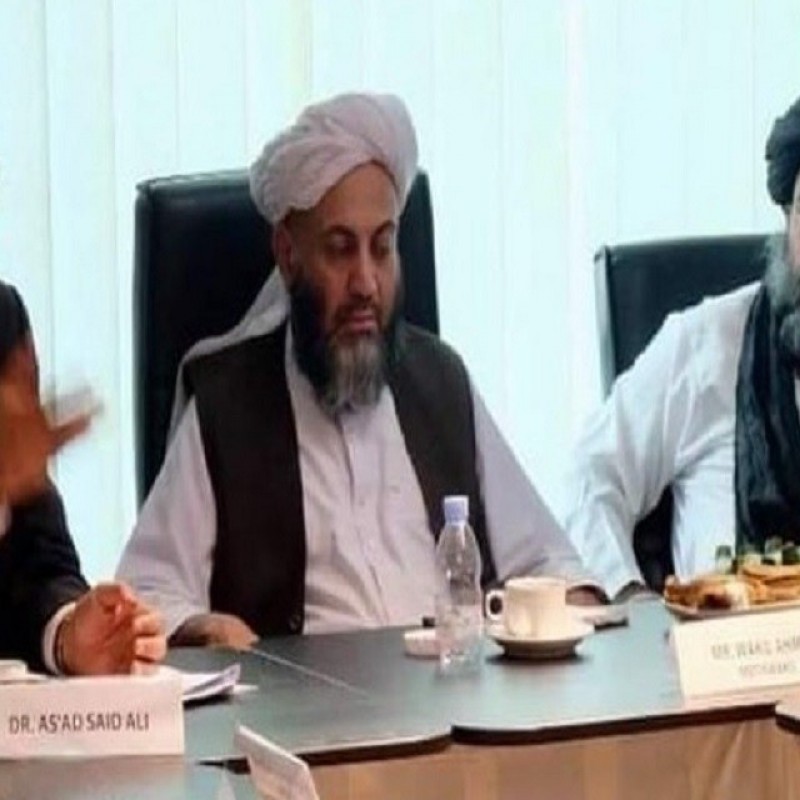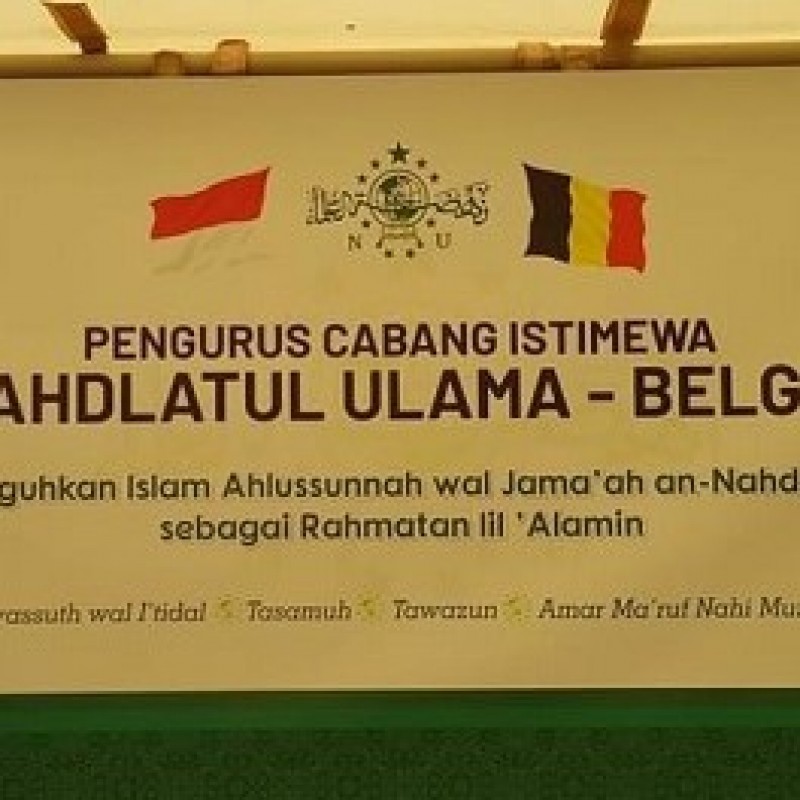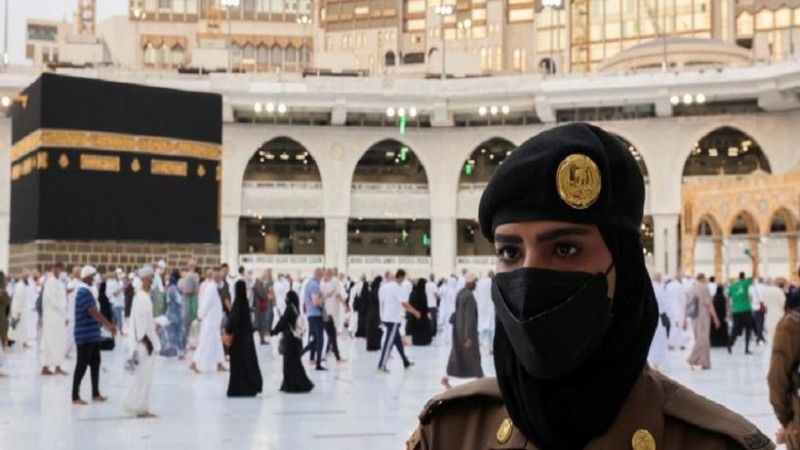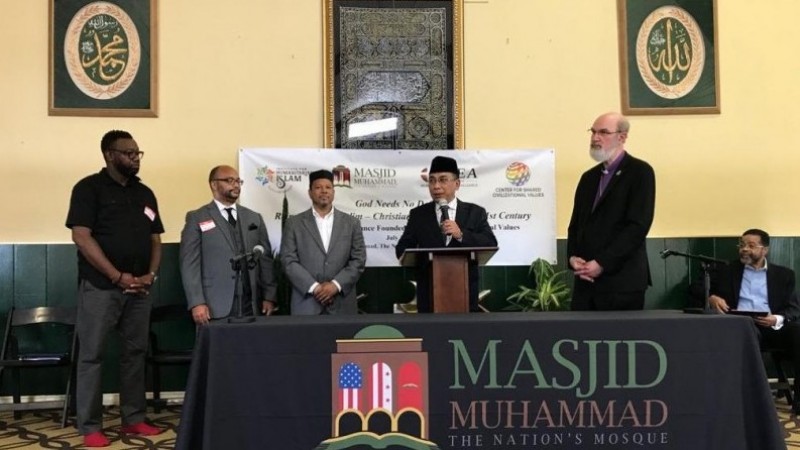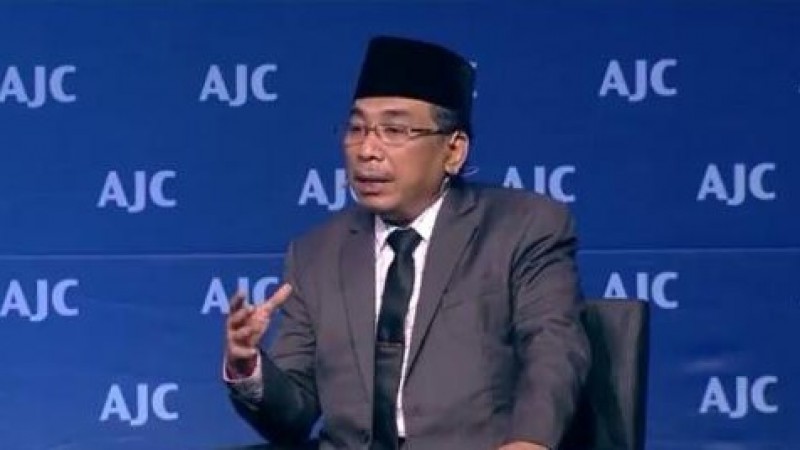Afghan Muslim scholars urge NU to help create peace
NU Online · Selasa, 17 September 2013 | 10:03 WIB
Jakarta, NU Online
Monas Room 1, Aryaduta Hotel, Central Jakarta, today held an informal dialogue between the Afghan Muslim scholars (ulema) and Nahdlatul Ulama, the country's largest Muslim organization. The Afghan delegation consisting of 13 ulema was led by Mohammad "Hamim" Israrullah. Both parties discussed various issues related to peace and unity of Muslims in the Mullah country.<>
Meanwhile the NU delegation was led by the Deputy General Chairman of NU KH Asad Said Ali and the Chairman of Supreme Council (Rais Syuriyah) of NU KH Saifuddin Amtsir. Present also at the occasion were Deputiy Secretary Generals of NU Entjeng Shobirin Nadj, Abdul Munim DZ, and Adnan Anwar.
While Hendrajit, Executive Director of the Global Future Institute ( GFI ), one of the country's leading institutes that focuses on international issues, was invited to attend as an observer.
Mohammad Israrullah was known as a leading figure (mujahid) of eastern Afghanistan. He is the founder of Darul Uloom and member of the Shura Council of Ulema of eastern Afghanistan. He earned a master degree in Islamic Studies at the University of Peshawar, Pakistan.
Fazal Ghani bin Mohammad Hanif Mulawi Kakar, an outstanding figure was also part of the Afghan delegation. The man bonr in Ningrahar, earned a bachelor degree in Islamic law at the Islamic Academy of Science and Technology.
Fazal Ghani had the experience of setting up an organization with the name Alfajr in which he has helped train the Afghan youth, men and women over 20 years in refugee camps in Pakistan and Afghanistan.
Currently Fazal Ghani was leader of NECDO (Noor Educational and Capacity Development Organization), an organization that implements programs of peace and reconciliation (RUPR). Apparently Fazal Ghani is the only member of the delegation that is fluent in English and is the main motor of the Afghan delegation visit to Indonesia especially in strengthening possible cooperation with NU.
Qalam Deen is also interesting to note for he is the only representative of the Taliban who joined in the Afghan ulema delegation. He comes from Logar province, known as the Taliban base. Not surprisingly Qalam Deen is seen as one of the respected leaders by the Taliban.
When the Taliban came to power following the withdrawal of Soviet troops from Afghanistan, Qalam Deen, a former mujahid during the Soviet war, once served as minister (of Amre Bil Marof and Nahi Munkar).
Ahmad Shafiullah Shafi Noristani is also a leading mujahid from Nooristan province. Eraning a master degree in Islamic jurisprudence and Law, Noristani is also a teacher. In addition to becoming the teaching staff at the Islamic Institute of Higher Education from 1996 to 2000, he was also a great teacher at the Abu Baker Sediq of the Deen Bahar Colony in Pakistan, and was a teacher in Khadijatul Kubra, a religious school prior to 2000.
In the informal dialogue hosted by Abdullah Syarwani, there were some important points and the outpouring of feelings from the Afghan delegation.
Both Mohammad Israrullah and Qalam Deen admitted that their country is now facing internal problems and increasing foreign intervention. The U.S. military forces having been present in Afghanistan, are not intended to help the Afghan people but to serve their own interests.
"Foreign countries such as the U.S., Britain, Pakistan and Iran, do not want peace in Afghanistan," Mohammad Israrullah and Qalam Deen said.
Afghanistan which is rich in natural resources of oil and uranium, is believed to be one of the causes of the foreign countries in disturbing peace in Afghanistan. As a result , every effort of various parties to offer peace scheme has always been prevented.
Israrullah, Deen and Noristani, specifically underlined the U.S. two-leg game and double standards in Afghanistan. According to them, America is actually playing double standards, supporting the Hamid Karzai's government on the one hand and helping resistance groups against the Afghan government.
In addition, Pakistan has also worsen the situation, because the country that is essentially the fraction of India, is the British tool to grow influence in Afghanistan. While Iran, because of its strong desire to break the U.S. dominance and influence in Afghanistan has also played a significant role in the escalation of internal conflict in Afghanistan.
In the process of sharing information between NU and the Afghan Ulema delegation, it was revealed that Afghanistan is a strategic market area to sell goods from Pakistan and Afghanistan.
Realizing this fact, the Afghan delegation agreed to push NU to speak directly to the Islamic countries so they can help create a conducive atmosphere for peace in Afghanistan.
Even the Afghan delegation called on NU as reportedly the world's largest Muslim organization to hold an international conference on Islamic countries that is aimed at creating peace in Afghanistan.
Editing by Sudarto Murtaufiq
Terpopuler
1
Panduan Shalat Gerhana Bulan Petang Ini, Mulai Niat hingga Salam
2
PBNU Instruksikan Qunut Nazilah Respons Agresi Israel-AS ke Iran
3
Jadwal Cuti Bersama dan WFA Lebaran 2026, Total Libur Capai 16 Hari
4
Ketua Umum PBNU Mengutuk Serangan AS-Israel atas Iran
5
Khutbah Gerhana Bulan: Tanda Kekuasaan Allah dan Kesempatan Beramal Saleh
6
Amalan-amalan yang Dianjurkan ketika Terjadi Gerhana Bulan
Terkini
Lihat Semua



